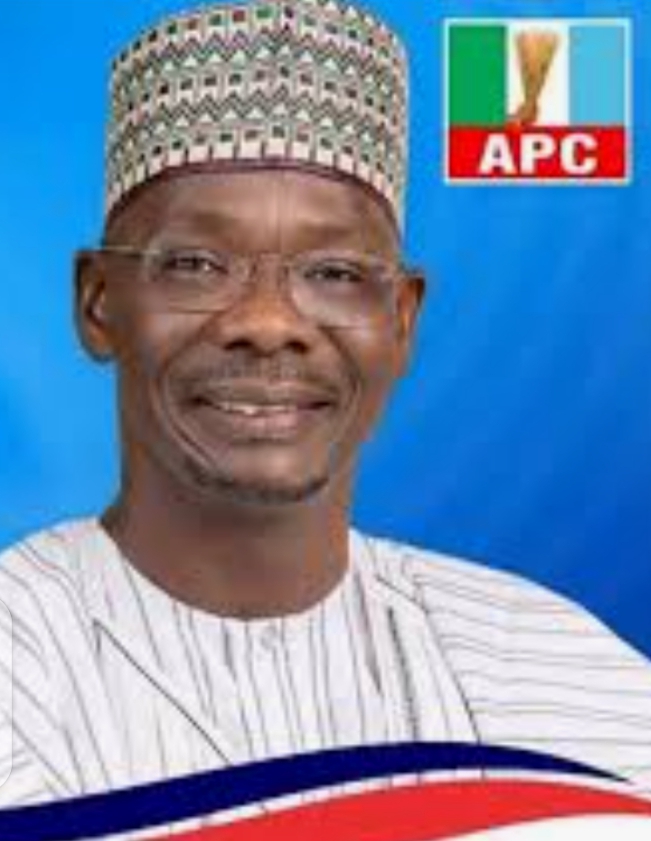Gov. Abdullahi Sule of Nasarawa has distributed 13 tractors to farmers as part of efforts toward boosting agricultural production in the state.
Sule explained during the distribution in Lafia on Wednesday, that the move was part of his administration’s commitment to ensure full exploitation of the state’s agricultural potential.
He explained that the support was under the Nasarawa State COVID-19 Action Recovery and Economic Stimulus (N-CARES) programme to improve yield and boost agricultural production.
He said that the tractors, which would be accessed by farmers across the 13 Local Government Areas (LGAs) of the state, would help the farmers to move from using crude implement to mechanised farming.
This, he said, would enable the farmers to cultivate large portions of land within a short period of time.
In addition to the tractors, the governor also distributed farm inputs to 10,000 farmers across the state.
He explained that 1,500 out of the 10,000 farmers were livestock farmers to ensure inclusion in the state’s quest for agricultural growth and prosperity.
He identified the inputs distributed as 8,500 of four kilogram of improved variety of maize seed, fertilizer, herbicides, variety of cattle feed, mineral salt, and de-wormers among others.
“In 2023, we distributed farm inputs ranging from herbicide, fertilizer, and sesame seeds, among others to support our local farmers for dry season farming, under N-CARES programme.
“This is a continuation of that support to improve yield and boost agricultural production for food security and value-chain addition,” he said.
He said that the government was supporting not only large-scale farmers and agricultural processors, but small-scale farmers also.
The governor reiterated his administration’s commitment to continue assisting both rainy and dry seasons farmers.
He disclosed that the government had acquired 10,000 hectares of land in Jangwa, Awe LGA and Agwatashi in Obi LGA to cultivate rice, maize, and sesame.
He urged the farmers to make the best use of the items to turn the abundant fertile land in the state into a source of income for improved livelihood.

